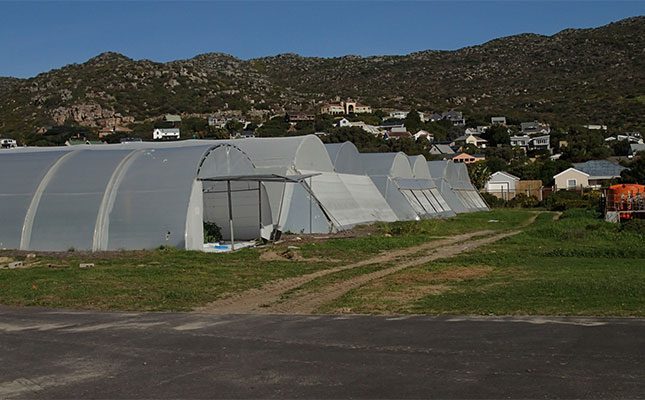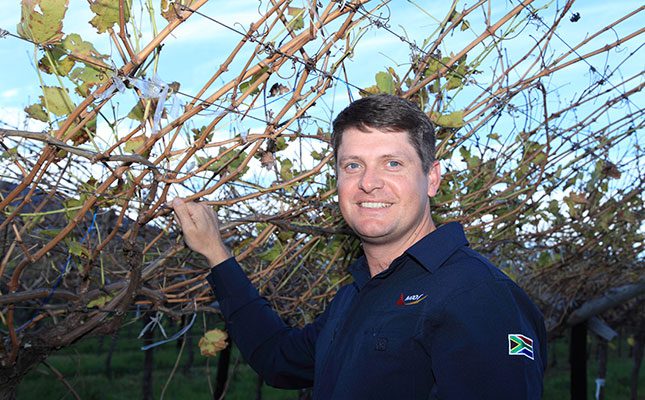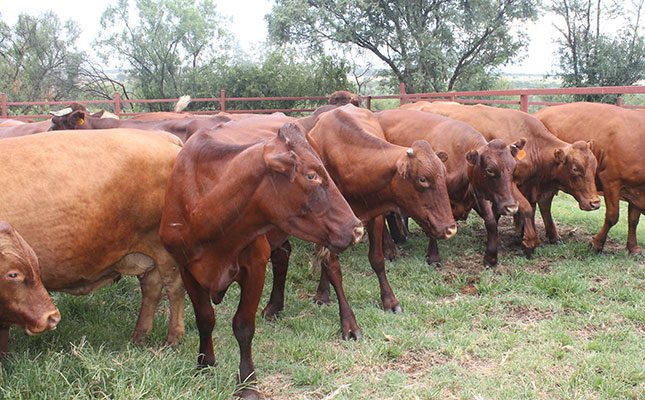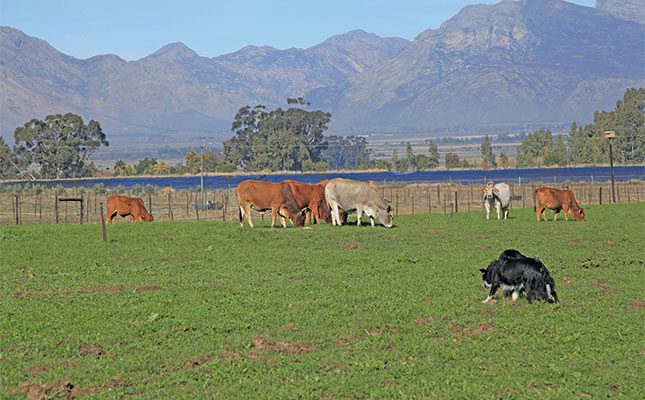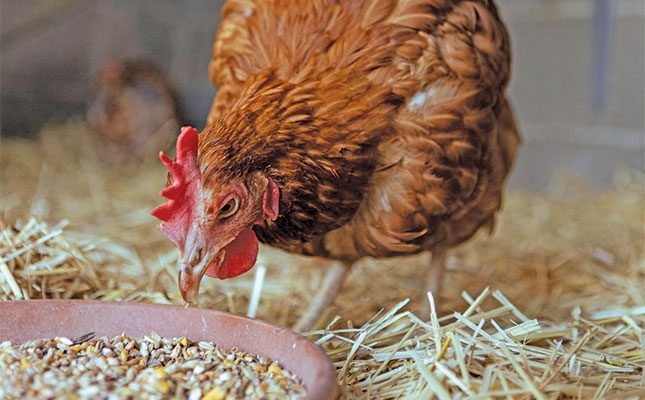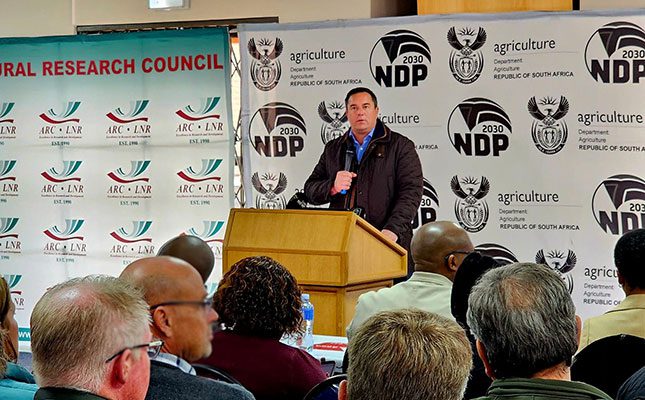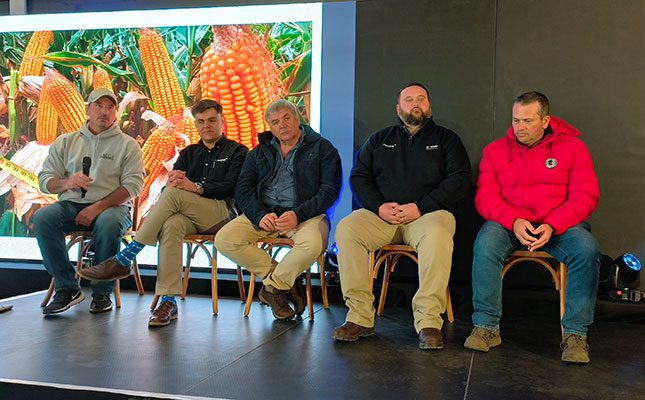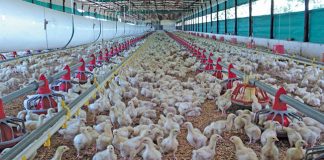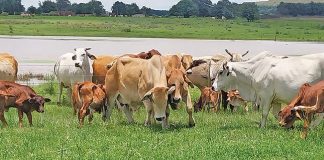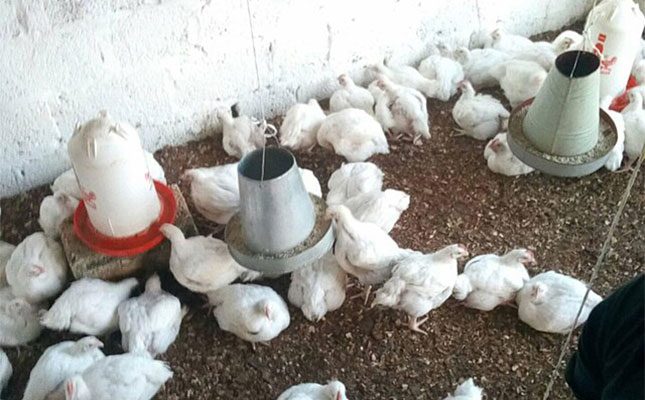
To a small-scale broiler farmer, the complexities of the poultry industry can be daunting and yes, there are many ‘big operators’ to compete against. If you can, however, minimise input costs as far as possible, you can be competitive, as big operations have many unavoidable costs linked to the size of their operations.
Fiscal discipline and cash flow
First and foremost, it is important to emphasise the importance of fiscal discipline in small-scale broiler farming. A clear, functional financial plan is the backbone of any successful business, and poultry farming is no exception.
Farmers should keep accurate records of income and expenses, including feed costs, labour, veterinary care, and equipment maintenance. This enables them to track their cash flow, identify areas of inefficiency, and make informed decisions about investments and later expansion plans.
Included in a business or project-guiding plan should be important information, such as the quantity, price and type of feed required by broilers during the various stages of their lives up to the point of sale.
The type and cost of essential equipment and housing infrastructure are also important considerations, along with more intricate production factors like the average daily weight gain of the birds you are growing.
A steady cash flow ensures that farmers meet their financial obligations, such as purchasing feed and paying labourers. Consider diversifying income streams, for example selling eggs from laying hens as a side business or even offering chicken manure as organic fertiliser for gardeners.
Importance of infrastructure
A well-designed broiler house should provide adequate ventilation, temperature control, and protection from predators and disease. The house should also be equipped with feeding and watering systems, as well as a manure management system – cleanliness is vital in preventing disease outbreaks.
Farmers can build their own broiler houses or purchase prefabricated units. Numerous online sites explain in detail what infrastructural materials should be used.
Marketing age
You will have to understand how much feed, and the associated cost thereof, you will need to get your first batch of chickens to marketing age (usually about six weeks of age). The care of young chickens is critical to their health and productivity, so understanding what vaccines and medications are needed is important.
Farmers should source high-quality day-old chicks from reputable hatcheries and ensure they receive the proper vaccinations and medication. Broilers require a balanced, nutritious diet, fresh water, and a clean environment to be functional and thrive.
Farmers should monitor their birds’ health closely, seeking veterinary advice at the first sign of illness, because poultry diseases can spread quickly in intensive farming scenarios.
Small-scale broiler farmers can anticipate a decent income from the sale of their birds. But this will depend on various factors, such as the size of the operation, feed costs, limiting unnecessary costs, and the vibrancy of the market you intend supplying to.
Profits
Past experience allows me to suggest that, on average, farmers can expect to generate a profit of around 50% per bird when sold (but this can vary due to numerous input cost factors). More profit can be realised by, for example, selling live birds, as some customers are prepared to pay more for additional items like chicken feet.
Generally, higher profits may be realised by selling to niche market segments, because you can avoid competing against big production operations that often use economies of scale and lower profit margins to keep the competitive edge. These operations are usually able to purchase feed at lower prices because they obtain bulk-buying discounts.
Laws and biosecurity
In addition to market access, small-scale broiler farmers should research various laws, regulations and standards such as the Animal Diseases Act. Production operations must adhere to standards for animal welfare, environmental sustainability, and food safety.
Prioritise biosecurity and disease management, because ignoring them can not only be costly to you but it can also jeopardise fellow farmers.
Shane Brody is involved in an outreach programme aimed at transferring skills
to communal farmers.

